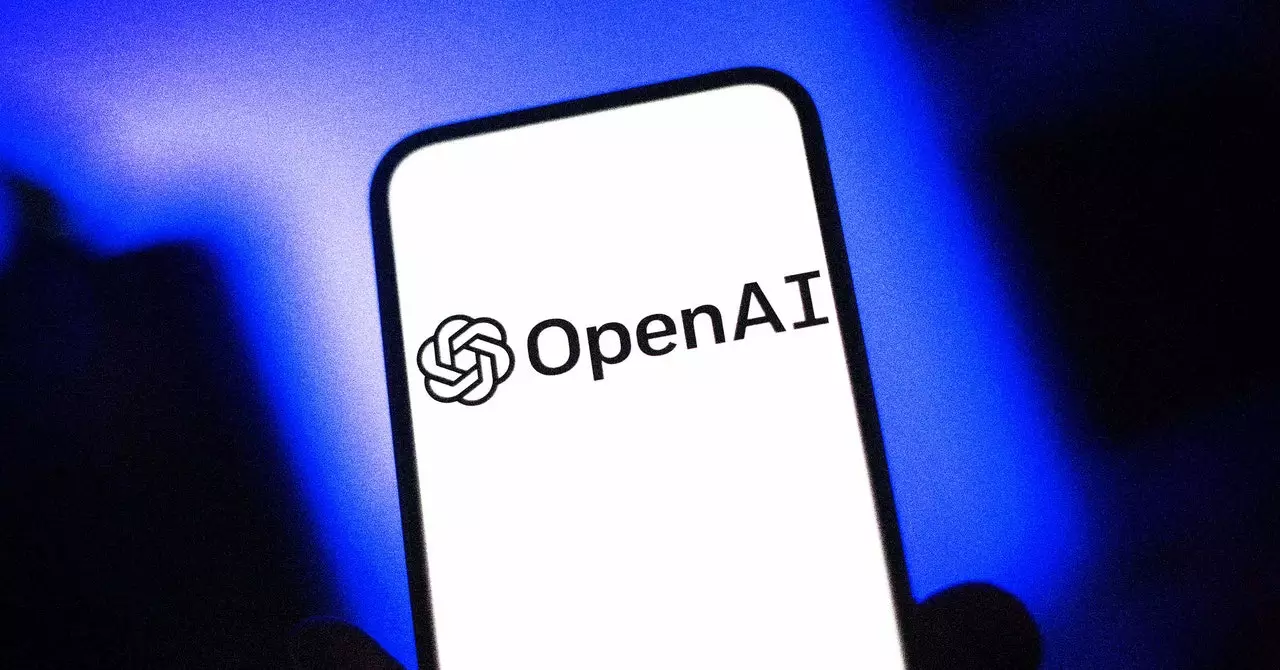The recent clash between artificial intelligence and the media industry has taken an interesting turn in Denmark. The Danish Press Publications’ Collective Management Organization (DPCMO) has issued a threat to sue OpenAI for allegedly using their content without proper compensation. Karen Rønde, the CEO of DPCMO, representing 99 percent of Danish media outlets, including major newspapers and TV stations, has raised concerns about OpenAI’s use of their content to train AI models. Rønde is demanding remuneration for the media’s work that OpenAI has utilized in their model training. If a deal is not reached within the next year, legal action is on the table.
AI’s Impact on Copyright Law
The conflict with OpenAI marks a new battleground in copyright law, where AI companies like OpenAI are being accused of scraping content from news websites without authorization to enhance their AI models. Following legal disputes, OpenAI has entered into licensing agreements with prominent publishers to access and use their content ethically. Despite the lack of financial details regarding these agreements, it is evident that OpenAI has taken steps to address concerns related to content usage.
Danish Media’s Collective Approach
Denmark’s media industry has taken a unique approach by collectively demanding negotiations with OpenAI. This collaborative effort by Danish media outlets aims to set a precedent for other small countries facing similar challenges. While OpenAI has previously focused on individual deals with publishers from larger markets, the demand from Danish media for collective bargaining signals a shift in strategy. By presenting a united front, Danish media hopes to secure fair compensation for their content, setting a standard for future negotiations with AI companies.
Karen Rønde emphasizes the urgency of reaching an agreement with OpenAI and other AI entities like Google’s Gemini. As the use of AI chatbots and search engine algorithms continues to evolve, the value of publishers’ content faces a potential decline. Rønde fears that delaying negotiations may significantly impact the value of press publishers’ content in the coming years. The time-sensitive nature of the situation underscores the need for prompt action to safeguard the interests of Danish media against technological disruptions.
The establishment of DPCMO in 2021 reflects the growing importance of media representation in discussions with Big Tech companies. By consolidating the efforts of Danish media outlets, DPCMO aims to ensure that Denmark remains a relevant player in negotiations concerning content usage and compensation. Previous agreements with Microsoft’s Bing and Google have laid the groundwork for fair compensation, but unresolved issues regarding payment terms highlight the need for transparent and mutually beneficial partnerships moving forward.
The standoff between Danish media and OpenAI sheds light on the evolving landscape of content usage in the age of artificial intelligence. The demands for compensation and fair treatment reflect the broader challenges faced by media organizations in adapting to technological advancements. By taking a collective stance and advocating for their rights, Danish media is paving the way for a more equitable relationship with AI companies, setting a precedent for future negotiations in the digital era.


Leave a Reply
You must be logged in to post a comment.